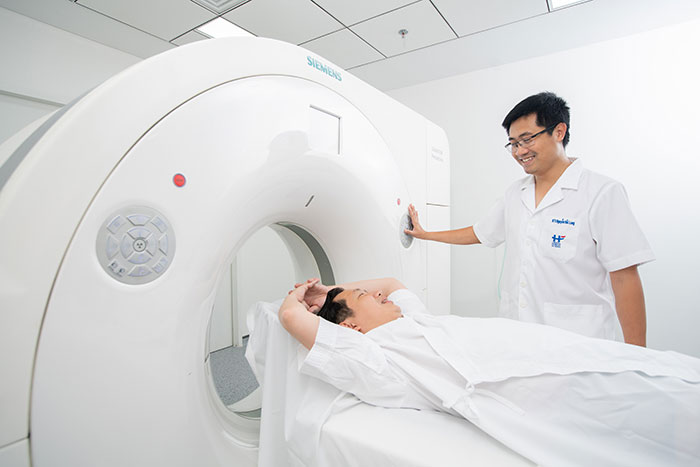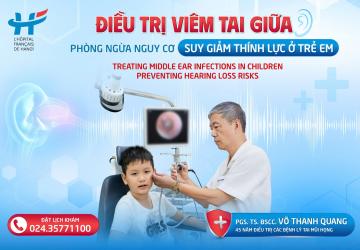News - Thu, 12/10/2020 - 10:54
CT scan for diagnosis and kidney (urinary) stone analysis
Last update 09/27/2024 - 17:58

Kidney or urinary stones are a common ailment worldwide that may cause various complications such as urinary tract infection and urinary tract obstruction, often combined with severe pain. But where are urinary stones found and what are they made of? How does the computer tomography (CT) scan help physicians diagnose and treat urinary stones?
The normal human urinary system consists of two kidneys, two ureters, the bladder and the urethra. We may have urinary stone when a stone appears at any part of the urinary system. So, urinary stones include kidney stones, ureteral stones, bladder stones, and urethral stones.
Urinary stone components are classified into two major groups: uric acid and non-uric acid stones. Evaluating the components helps urologists select treatment methods, e.g. a patient with uric acid stones is usually prescribed medical treatment, while surgical methods are often used in cases of non-acidic components.
Nowadays, many different methods are uses to diagnose urinary stones but the CT scan is the first choice because of its high level of accuracy. However, a conventional CT scan can only evaluate the number, size, location and complications of the urinary stones, but cannot determine their components. So for a full analysis, we must wait for an interventional surgery to remove the stone from the body, and then send this stone sample to the laboratory for analysis. This is time consuming and more expensive, but this analysis cannot be done if the stone is still inside the body.
At Hanoi French Hospital, the dual-energy CT scan technology is applied for urinary stone diagnosing, which not only provides physicians detailed information such as the number, size, location, complication, volume of the urinary stones and other urinary system diseases, but also analysis of the urolithiasis’ composition, in the same scan.
This method is considered as a highly accurate non-invasive examination for urinary stone evaluation, as well as time-saving for the examination and result analysis. Then, based to the results, the urologist can provide patients appropriate with advise on how to prevent recurrence of urinary stones.
Image of dual-energy CT scan to evaluate urinary stones at Hanoi French Hospital:

For further information, please contact us at: (84-24) 3577 1100, or send us an inquiry here or make an appointment here.



